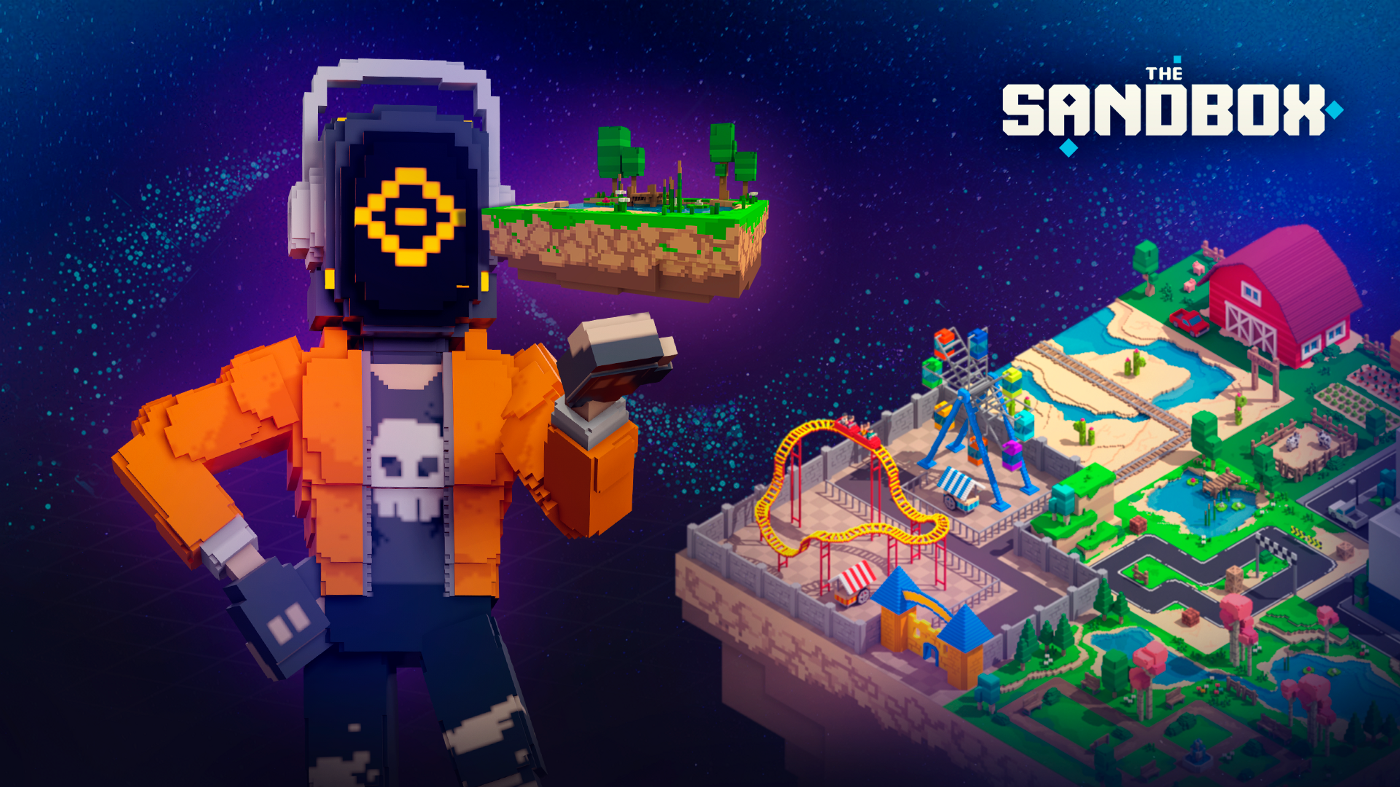

“Brands will use the metaverse with a purpose, focusing on long-term relationships with our customers, not short-term gains,” Pedro Lopez-Belmonte, web3 & Technology Innovation Senior Manager at Swiss luxury-goods manufacturer Richemont, told me recently. When it comes to the metaverse, some say there is a compromise to be had: on the one hand there are brands that have focused on monetization – take Dolce & Gabbana’s Genesis Collection presented in September 2021 – and, on the other, those that use the metaverse to focus on retaining their customers:

The What: Money is being created and captured in novel ways One can also understand brands’ approach to the metaverse by looking at how they are trying to create value (what they do), for which customers (the who), and how they execute it all. Jana Arden, Head of Luxury Sector at KPMG, told me that her observation was that luxury brands are building innovative strategies in three main ways: by heading towards consumers, focusing on employees and/or executing operational efficiency. Those luxury brands that are not engaging with the metaverse, as well as those that are doing so in a “gimmicky” way (that is, going too fast just to create noise) can learn from those that have a metaverse-oriented business goal.

Doing so requires grasping what is possible, and the companies that are leaning in fast can both offer inspiration and act as test cases, writes Janet Balis in Harvard Business Review. Grégory Boutté, its Chief Client and Digital Officer, explained to me the rationale behind luxury brands’ interest in the metaverse: “the world of NFTs and the world of luxury cross paths on exclusivity, scarcity and creativity.”īut it’s important for each brand to find its place. Kering was one of the players who believed early in digital. This flurry of activity is a far cry from the industry’s reaction to the e-commerce boom of the early 2010s, when many luxury brands were in denial about tech’s relevance. Luxury brands are exploring just how, having invested in ways to combine service, the circular economy, storytelling and personalization. And yet, ironically, the tech will really pick if brands support the process by discovering real customer needs and pain points they can solve. There are many limitations to web 3.0 as it stands, including the fact the tech isn’t there yet. It will ultimately revolutionize ecommerce, blending physical and virtual retail, taking us away from 2D online shopping. The metaverse sits in a wider web 3.0 ecosystem that includes AI, crypto, NFTs, DFi and blockchain. General view of the Etro Fashion Show during Metaverse Fashion Week on Main.


 0 kommentar(er)
0 kommentar(er)
